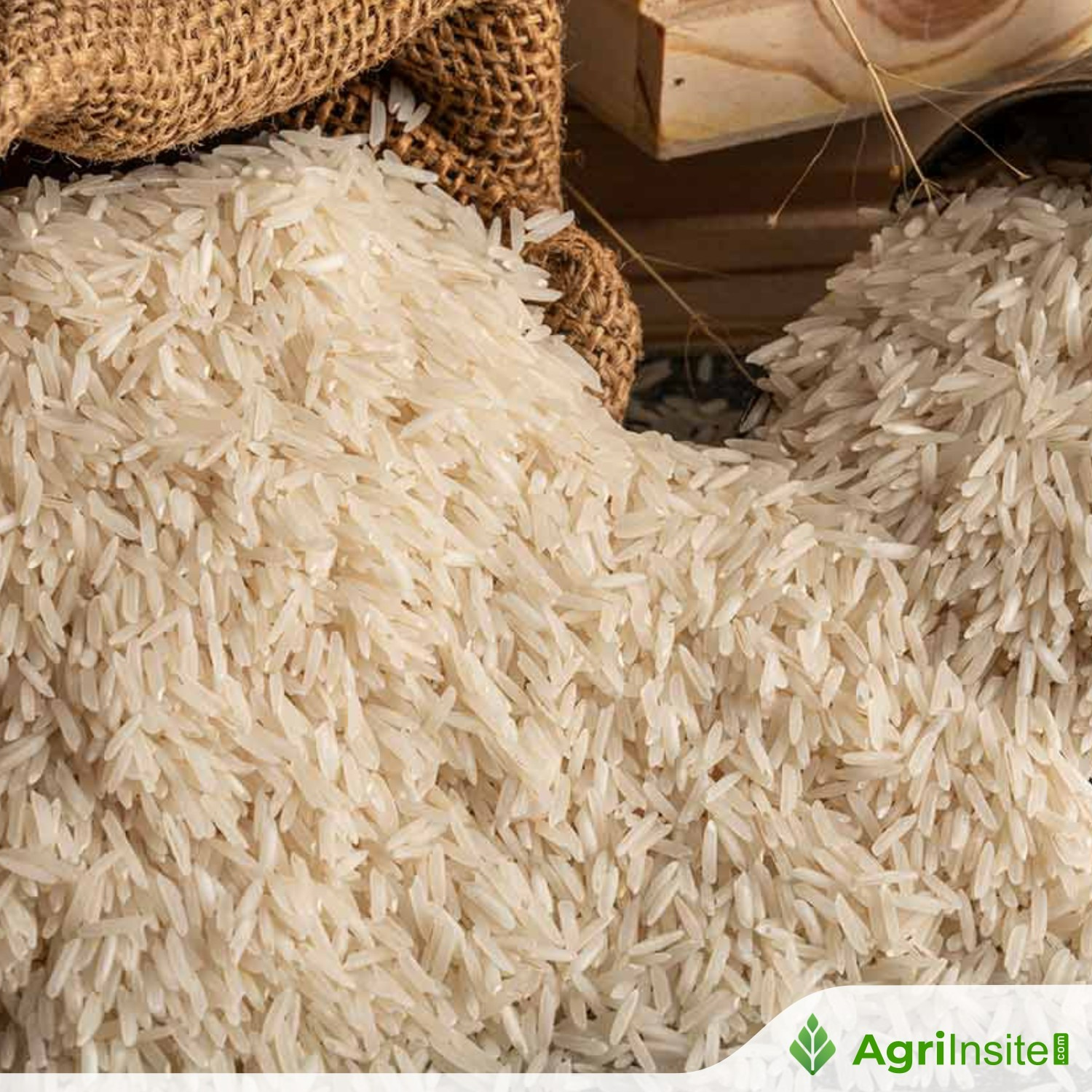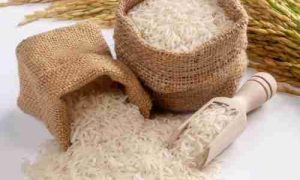Arhtiyas ask farmers to compensate grain weight loss: 3 extra bags per 100 procured

Punjab farmers are struggling during the paddy harvesting season, facing losses due to procurement delays and lack of storage. Many are forced to sell below the minimum support price (MSP) and provide extra bags for weight loss, leading to financial strain. The Bharti Kisan Union plans a highway blockade on October 21 if issues remain unaddressed.
Jaspal Singh, a farmer at the Jalandhar grain market (mandi), expressed his frustration about selling his crop. He said, “My arhtiya (commission agent) informed me that this year, I have to give him three bags (gatta) for every 100 bags of paddy. Each bag weighs 37.50 kg. The delay in procuring the harvested crop and the slow transportation from the mandis means that the procured paddy won’t be picked up by the mandis or rice shellers soon. Due to a lack of space and the hot weather, the weight of the crop will decrease, and the government will hold the Arhtiyas and rice shellers accountable for this loss.”
Jaspal Singh explained that the demand equates to approximately Rs 2,610 for every 100 bags. However, in some mandis, farmers may face losses that are double this amount, as they are being asked to provide 6-7 extra bags instead of the standard 100. Arhtiyas have warned that farmers will need to either supply three additional bags per hundred or reimburse an amount equivalent to the price of three bags to cover weight loss expenses. This issue is widespread across most grain markets in Punjab as paddy harvesting intensifies.
Farmers in several mandis across Punjab, especially in the Doaba and Majha regions, face significant challenges during the ongoing paddy harvesting season. They are being compelled to sell their paddy crops at prices ranging from Rs 70 to 200 below the minimum support price (MSP), which is set at Rs 2,320 per quintal. Procurement has slowed due to unrest among commission agents, rice shellers, and mandi labourers. Additionally, the government’s delays in the procurement process and insufficient storage space for milled rice in godowns are forcing farmers to accept lower rates for their crops or face substantial deductions.
An arhtiya in Phagwara mandi explained the situation, stating, “Weather plays a significant role. The moisture content in the paddy we’re purchasing will decrease over time, resulting in a weight loss of 1-2 kg per quintal. With three gattas, which weigh around 112 kg, we can account for that weight loss. Once the crop’s weight decreases, the government will require us to compensate for it. Discussions with the government are ongoing, but if no resolution is reached, farmers will be expected to pay.”
The root cause of the issue, according to arhtiyas, is the government’s failure to move the previously stored rice from its godowns, which has resulted in a lack of space for the new crop. “This situation is a direct result of poor policies. Rice is not being moved out to create storage for the new harvest, and both rice shellers and arhtiyas are suffering as a result,” one arhtiya remarked. He added that, in such circumstances, only the farmers can come to their rescue.
Satnam Singh, a farmer from Phagwara, faced similar challenges. He brought the harvest from his 11-acre plot to the market but had to wait an entire day because his crop was not purchased. “They told me I would have to sell it for Rs 200 less than the MSP,” he explained. He added that some farmers had already sold their crops at lower rates on paper, receiving full payment but agreeing to return Rs 200 per quintal to their respective Arhtiyas.
“I have sold my 25 acres of crops while 35 acres more are still being harvested, and I received the full payment from the government for the crops I sold. However, my arhtiya informed me that I need to return Rs 150 per quintal from the payment I received. I can’t oppose him, as he has helped me out several times. This situation highlights the significant failure of both the Punjab and central governments to address these issues and expedite the procurement and transportation of crops,” said Narinder Singh, a farmer from the Adampur area of Jalandhar.
The situation has worsened due to ongoing conflicts among arhtiyas, rice shellers, and mandi labourers. Arhtiyas are calling for government intervention to ensure a 2.5 per cent commission on sold paddy.
Meanwhile, rice shellers are demanding that the backlog in rice movement from godowns be addressed, allowing them to complete milling by March 2025. Labourers are also seeking wages comparable to those in Haryana. Without a resolution, they warn that the situation could escalate into a glut in the mandis, putting farmers in a more difficult position.
In smaller village-level mandis, crop procurement has been slow or non-existent, causing farmers to wait two to three days for their produce to be collected. The lack of sufficient storage space is exacerbating the issue. “Paddy is arriving in large quantities daily, but no collections are taking place. If this continues, we will face a surplus situation, forcing us to sell at lower prices,” said a farmer.
NH blockade announced
The Bharti Kisan Union (Doaba) announced on Saturday that it will block the national highway indefinitely at the Phagwara Sugar Mill Chowk with loaded trolleys of paddy and thousands of farmers on October 21 if their issues are not addressed. They held a press conference in Jalandhar to discuss the situation arising from the lack of procurement and lifting of paddy in Punjab. They expressed concerns about the absence of government procurement arrangements in the state’s markets and the ongoing deterioration of the paddy crop in both fields and markets.
Advertisementhttps://9fb18b7147559ed5270b9eeda0932092.safeframe.googlesyndication.com/safeframe/1-0-40/html/container.html?n=0
State president Manjit Singh Rai has warned both the central and Punjab governments that they must address the ongoing issues farmers face. He emphasised the need for immediate action to resolve concerns regarding market exploitation and deception by rice sheller owners, who operate under the guise of associations. If these matters are not addressed, protests will begin on October 21. Rai also noted that inadequate paddy purchasing could severely impact Punjab’s economy and marketing system.
BKU (Doaba) state secretary Satnam Singh Sahni stated that the central and Punjab governments will be responsible for the upcoming protests, which will start on October 21.
Meanwhile, 90 per cent of the procured crop in Punjab mandis is lying in mandis only as no transportation is taking place. In Punjab, the procured crop is transported to the premises of over 5,000 rice shelters, and theled rice is delivered to the FCI.
Source Link : https://indianexpress.com/article/cities/chandigarh/punjab-farmers-cry-foul-over-paddy-procurement-delay-9629460/lite/














